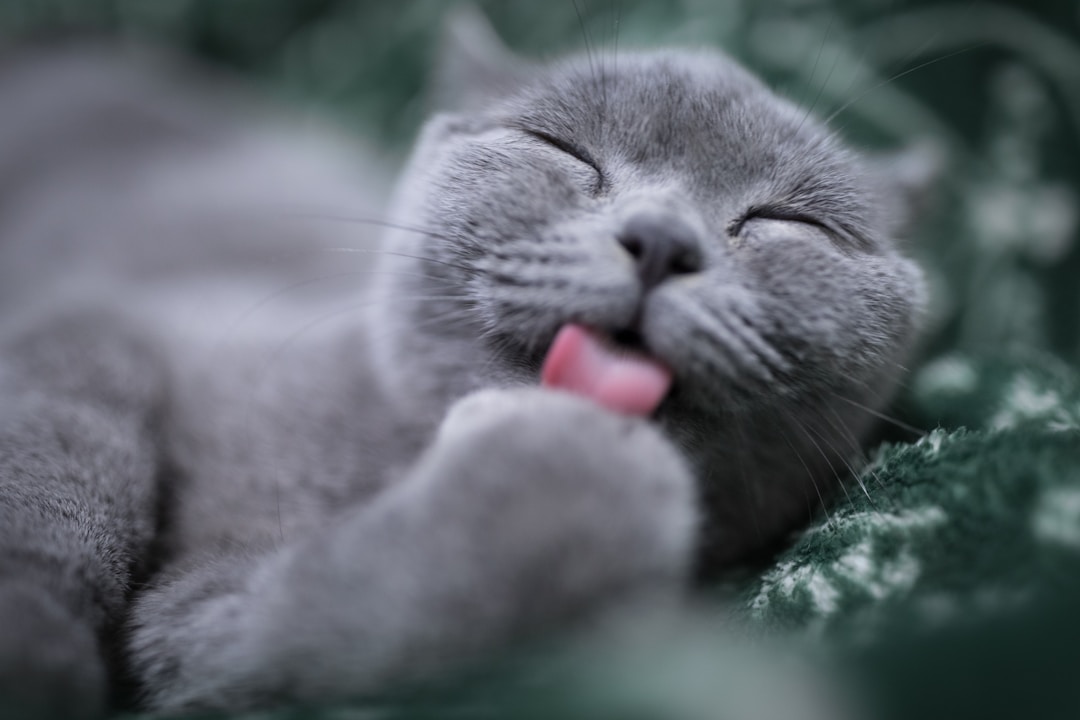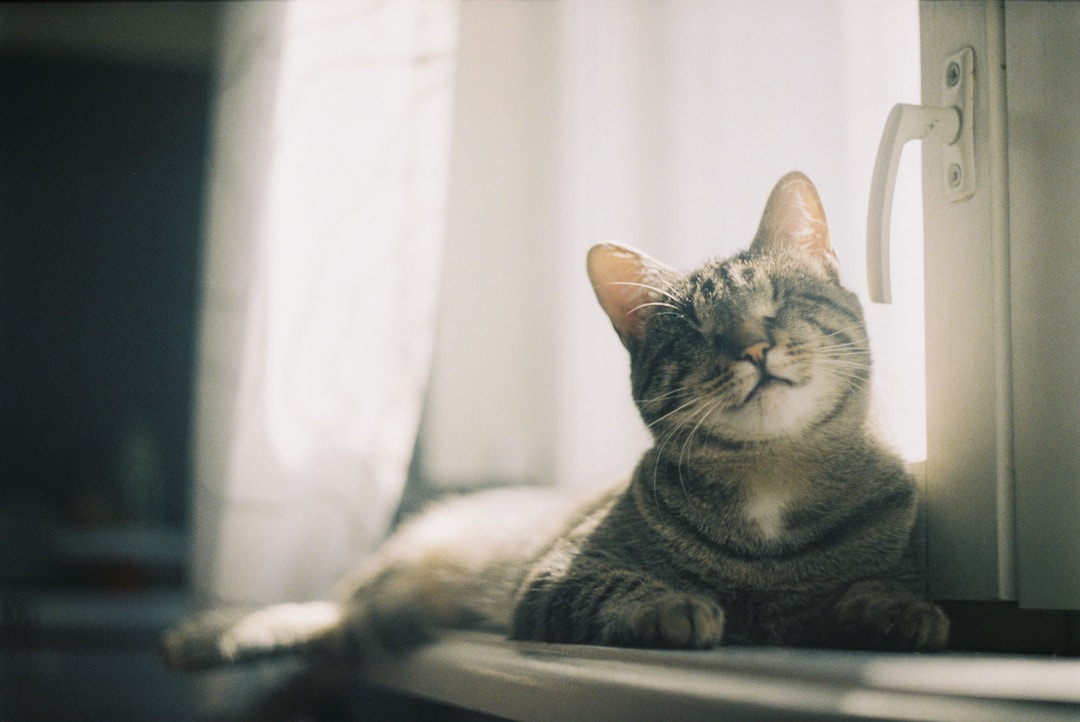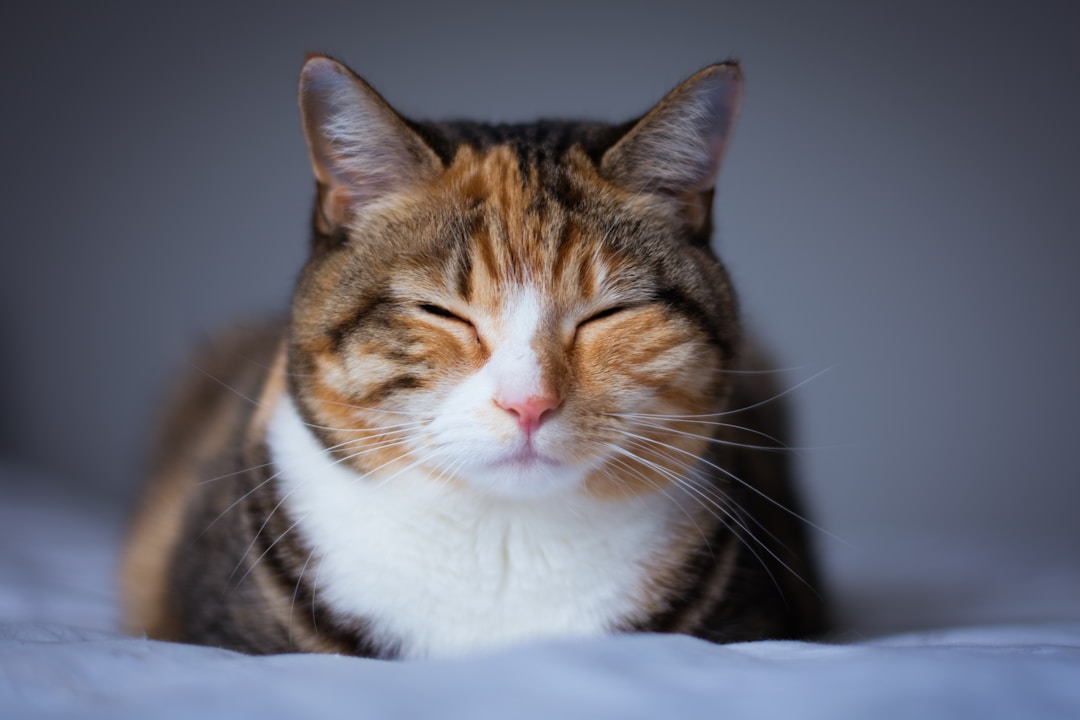You love your cat, and you’ll do just about anything to accommodate them, even if they find themselves dealing with health struggles that limit their abilities. Dealing with any pet with a disability takes some adjustments to make sure their home is still fitting their needs. Here are some ways to make sure that your household will keep kitty purring and pleased, without having to dig too deep into your personal expenses.
Breathing Difficulties

While your pets can affect the indoor air quality in several ways, they too can be impacted by pollutants and irritants that linger in your household. Passive smoke from tobacco use or cooking can linger in the air, triggering symptoms similar to asthma. This could significantly impact your feline’s lung function, which is especially dangerous for older animals, and could even trigger allergic reactions.
Maintaining better indoor air quality is key to helping you and your cat. If you have an HVAC system, be sure to clean out air filters or swap them out on a routine basis. If you notice any musty odors developing, inspect for the possible growth of mold spores that are linked to the buildup of dangerous viruses. An air purifier is a great asset to help remove these lingering pollutants that trigger allergies and asthma.
Coping with Blindness

When it comes to accomodating a cat with disabilities, it’s important to create a safe, simple, and consistent indoor environment. For safety reasons, your cat shouldn’t roam outdoors. Creating an enclosed outdoor space is the best way to allow your little pal to bask in the sun while staying safely inside the select area.
It’s important that their litter box isn’t kept outside in that area just for an extra layer of safety. Make sure that is kept indoors in a spot that your cat may have been previously accustomed to. Keep your household as consistent as possible with reasonable accommodation. Try to limit the number of belongings in the dwelling that could impede their ability to roam around without bumping into objects. It’s also a good idea to consider any potential dangers on the ground level that could have health effects on your pet.
Limited Mobility

As a pet owner, you’ll notice your cat’s mobility declining over time, but sometimes even kittens can be impacted by an accident that limits their ability to get around the house. Relieving pain is the number one priority in these cases. Depending on the cause of the discomfort, be sure to create a pain management plan. This can range from an occasional massage and diet change to medications and physical rehabilitation.
If your cat’s disability is having a significant impact on its mobility, you may want to consider a harness or modified infant sling that carries cats around who are dealing with weakness or even potential paralysis. Be sure to consult with your veterinarian for a better understanding of what you can do as a pet owner and homeowner to make it easier for your pet to get around the house.
Mental Health Concerns

Much like their owners, mental health issues can belabor your feline friend. Adding more playtime is the best thing for your companionship with your cat, helping to curb symptoms of anxiety and depression that may arise. Beyond increasing stimulation, you’ll want to be able to provide accommodation in safe spaces throughout your household for your cat to sprawl or climb as they see fit.
Cats can even develop obsessive compulsive disorder. It’s best to keep things consistent in your household, and not punish any behaviors that felines may be exhibiting in. This is all part of the important factors to make sure that your cat can still feel comfortable and safe in your household, despite their disabilities.

